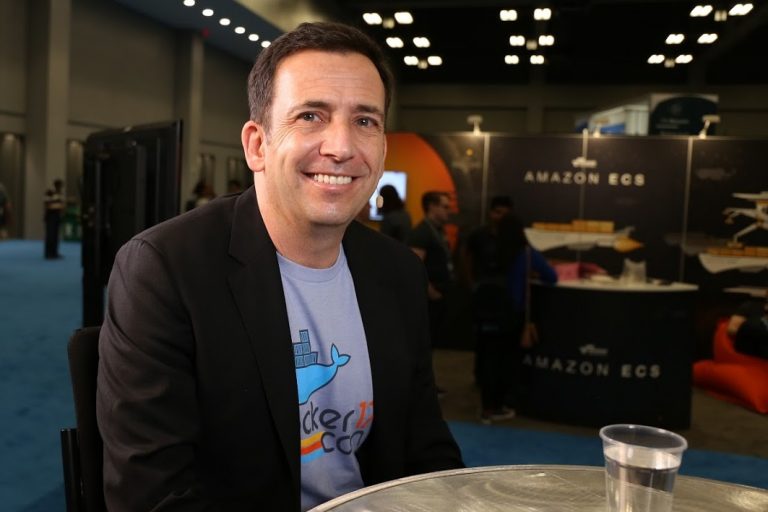 CLOUD
CLOUD
 CLOUD
CLOUD
 CLOUD
CLOUD
Storj Labs Inc. today launched a decentralized object storage platform for the enterprise market that it says offers up to 50% lower pricing than Amazon Web Services Inc.’s category-leading S3 service.
Storj is headed by Chief Executive Officer Ben Golub (pictured), who led software container pioneer Docker Inc. before joining the startup in 2018.
Tardigrade, as Storj calls its platform, is decentralized in the sense that it doesn’t run on hardware operated by the startup. Storj instead rents storage capacity from individuals and organizations scattered around the world. The startup can then offer this capacity for rates that are a third to a half of what S3 costs, it claims, with comparable availability and similar or better performance.
“We’ve brought together a very large network of individuals and companies that have spare storage capacity and matched them up with people that need storage,” Golub said in an interview on SiliconANGLE Media’s theCUBE studio. “It’s basically the Airbnb of disk drives.”
Keeping data on gear owned by external parties comes with certain obvious risks, which Storj offsets through its software. Tardigrade encrypts data before sending it to storage and breaks up every file into about 80 different fragments known as shards. These shards are spread out among multiple storage systems at different locations, such that at least 30 shards are needed to put the file back together.
Storj says this approach ensures that customer data remains accessible even if one of the underlying storage systems experiences issues. The requirement to have at least 30 shards at hand to decrypt files also helps with security, since an attacker would have to breach multiple systems at different locations to piece together a user’s records.
“Just as Airbnb measures reputation, we measure reputation too,” Golub detailed. “You’ve got to have dedicated hardware and a dedicated connection. We’re seeing a lot of universities, a lot of small businesses, and some data center operators who have spare capacity.”
Tardigrade is launching with 19 petabytes of capacity available. The platform is compatible with S3, meaning that applications written to run on the AWS service can be brought over relatively easily, and there’s support for several popular programming languages including Python.
Support our mission to keep content open and free by engaging with theCUBE community. Join theCUBE’s Alumni Trust Network, where technology leaders connect, share intelligence and create opportunities.
Founded by tech visionaries John Furrier and Dave Vellante, SiliconANGLE Media has built a dynamic ecosystem of industry-leading digital media brands that reach 15+ million elite tech professionals. Our new proprietary theCUBE AI Video Cloud is breaking ground in audience interaction, leveraging theCUBEai.com neural network to help technology companies make data-driven decisions and stay at the forefront of industry conversations.